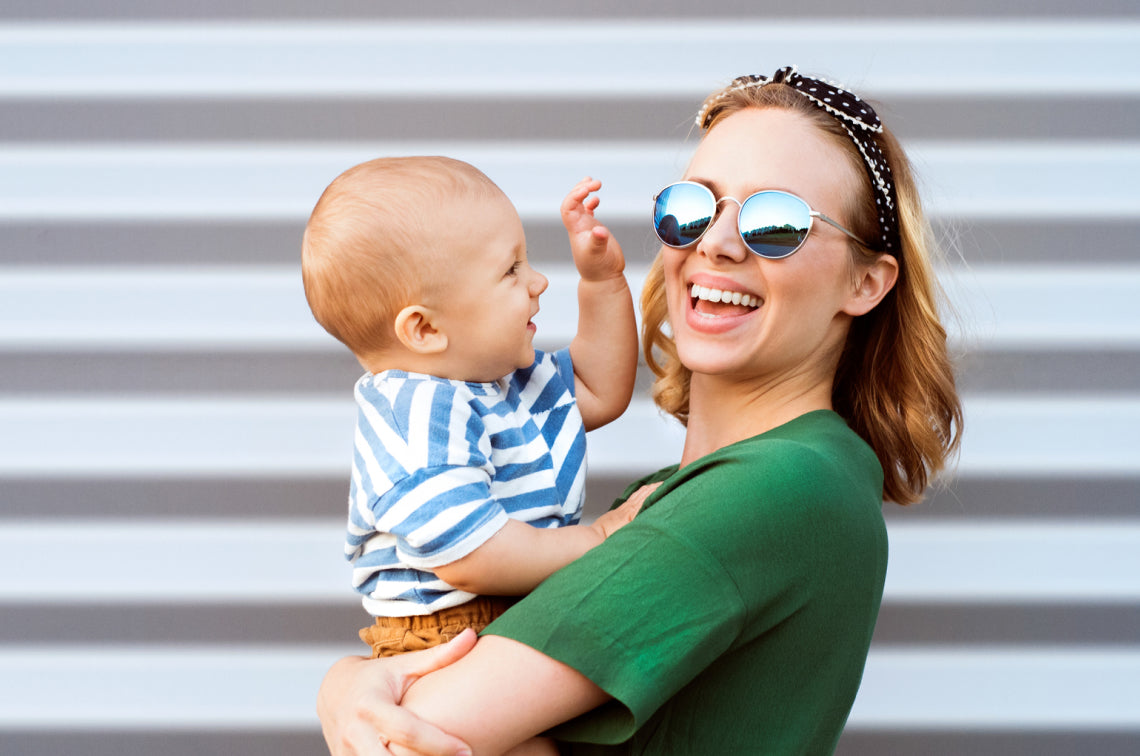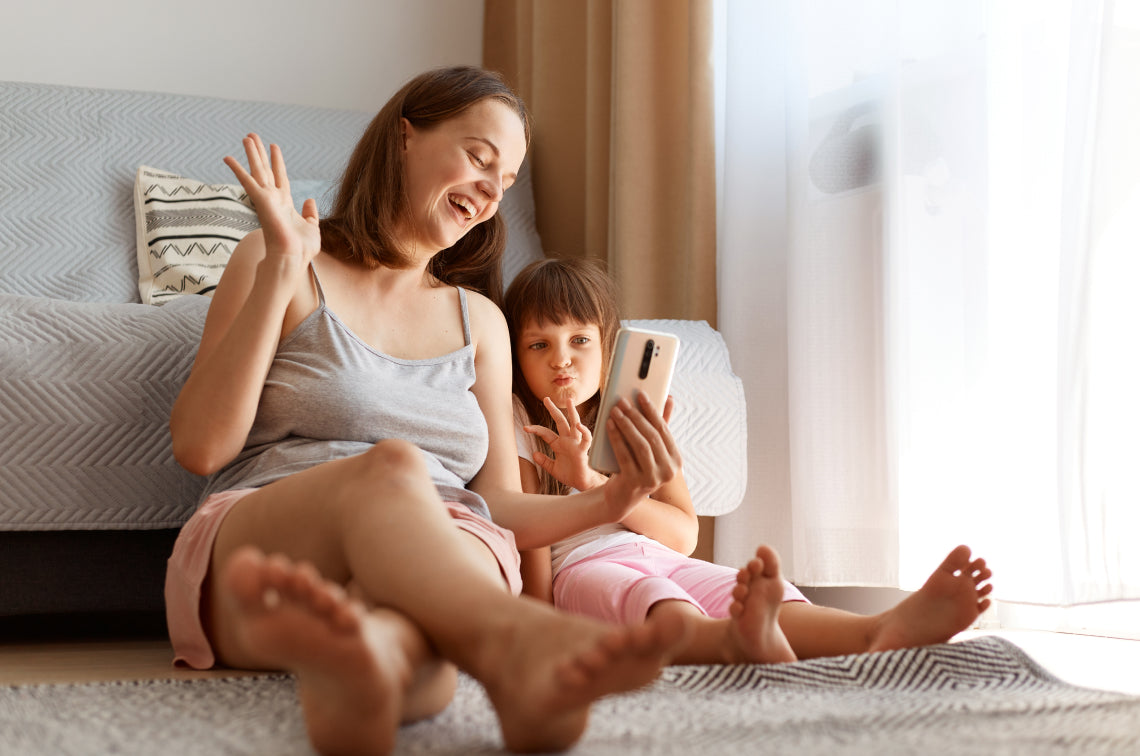Better Sleep Bundle
$23.00
Day naps, routines, wake windows, development, feeding and so much more. Packed with easy-to-find, searchable topics taking tired eyes to exactly the help you need. Personal teaching videos by Karen, downloadable flexible routines and schedules, checklists, case studies, and links to further references.
You have everything you need in this carefully curated and holistic 0-3 month program.
Meet Karen Faulkner
I’m on a mission to help your baby and you achieve better sleep through my evidence-based baby sleep program. With over 20 years of experience as a consultant in Australia, I’ve been able to help 5000 + families enjoy the joy of parenthood to their fullest.
Join our family today and learn to sleep blissfully!

featured in
Congratulate yourself...
... on not just surviving the often challenging first year and 4-month sleep regression, but actually keeping your head above water.
Between 6 and 12 months of age your baby has made some huge leaps forward. This stage will give your baby the building blocks for good physical and emotional health.

Who is it for
- Your baby has started to vocalise and babble.
- They’ve started learning the rules of conversation, maybe getting used to other care-givers.
- At around 6 months of age babies discover they are a separate individual for the first time and they experience separation anxiety for the first time! This is scary for them!!
- They’re on the move and have maybe started to make rolling movements.
- Breastfeeding has started becoming more efficient. Newborn breastfeeds used to take up to an hour, and now they can drain your breasts in little under 3 minutes.
- Now your baby is having their first taste of solid food straight from a spoon. They are also ready for finger foods and baby led weaning.
- Introducing solids is an exciting phase and knowing you can reduce your baby’s risk of food allergy dramatically is reassuring.













